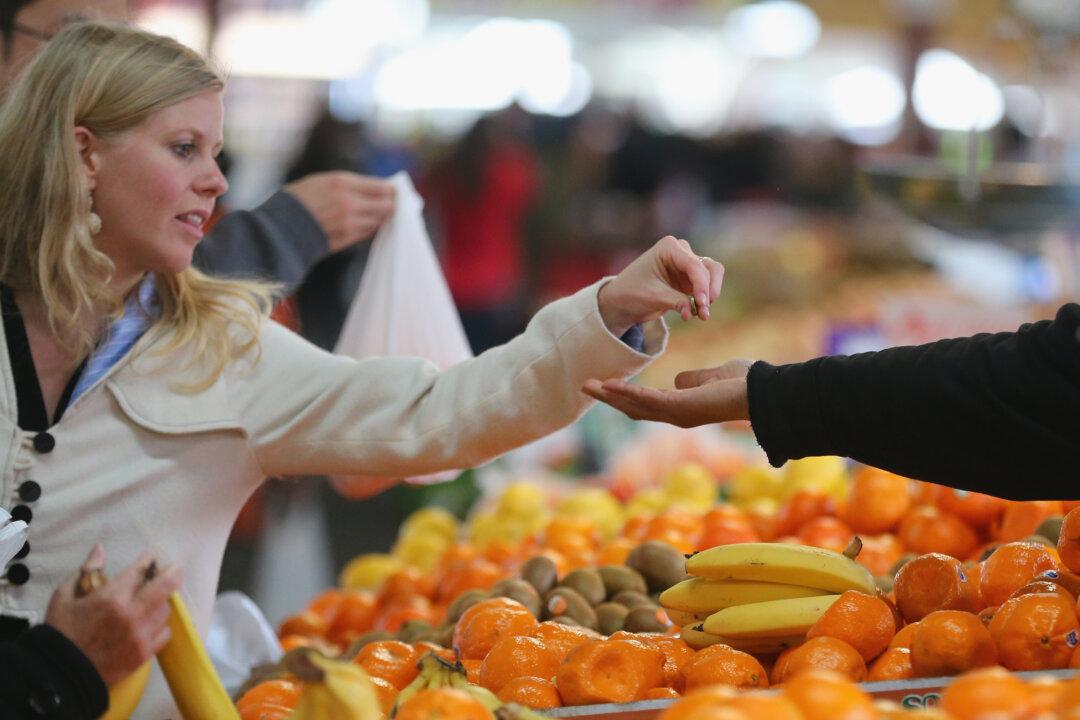The Albanese Labor government will protect the use of cash as legal tender for essential items like groceries, petrol and pharmacy items, under a new plan to ensure the future of cash.
The plan to modernise Australia’s payments system also include moves to phase out cheques by the middle of 2028.





